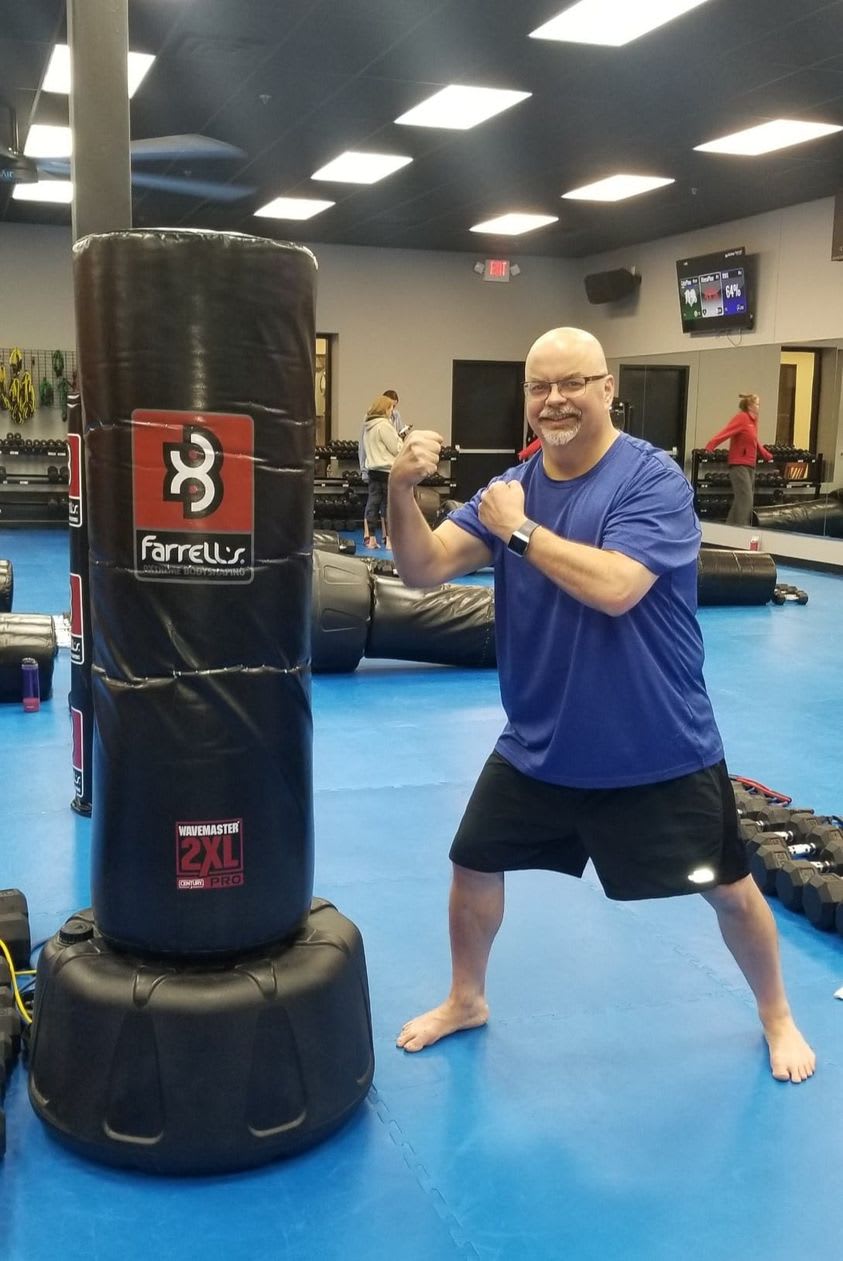
Coffee has been a huge staple in our lives, as well as a topic of discussion in the health and fitness community just as long. Research has pulled us in multiple directions-some positive, some negative. So, what’s the deal? Is coffee good, or bad for you? It’s not that simple.
According to a recent review article in the New England Journal of Medicine, the caffeine in coffee doesn’t increase your risk for heart disease or cancer. Research suggests that 3-5 cups of coffee daily has actually been associated consistently with a reduced risk of several diseases, even death. There are, however, a few things to look out for, so let’s weigh the pro’s and con’s.
Coffee is loaded with beneficial phytochemicals, and some vitamins and minerals too, which may help improve gut microbiome, regulate fat metabolism and glucose, and reduce oxidative stress. The caffeine seems to provide some benefits as well for some people (improved alertness, slightly improved lung function in adults, improved mental performance and vigilance, & may even reduce the risk of depression, Parkinson’s disease, liver fibrosis, cirrhosis, and cancer). Coffee is also considered a great pre-workout, so remember this before your next kickboxing or strength-training class.
For some, caffeine can contribute to insomnia, induce or increase anxiety, can enhance the effects of NSAIDs and acetaminophen, increases blood pressure & reduces skeletal-muscle insulin sensitivity in the short term, may have a diuretic effect in high doses, and can even increase the risk of pregnancy loss.
The reason for the wide range of effects? The answer lies in our genetics. The way we metabolize caffeine is dependent upon a gene called CYP1A2. Being that this is within your genetic code-it means regardless of which way you metabolize caffeine-there is nothing you can do to change it. (You can, however, find out which way your body personally metabolizes caffeine-by taking a genetic test, such as 23andme).
It turns out, about 50% of people are what we refer to as “slow” caffeine metabolizers. This means that the caffeine will stay in their system longer than those who are “fast” caffeine metabolizers. What does this mean? If you are a slow caffeine metabolizer, consuming an excess of caffeine can actually increase your risk of heart disease. For most people, coffee is just fine to consume in moderation.
The good news? Slow metabolizers tend to naturally drink less caffeine than fast metabolizers (for those slow metabolizers-you may experience anxiety, jitters, and agitation at even 200mg of caffeine in one sitting, or 400 mg across an entire day). Does this sound like you? If so-you might find yourself skipping out on coffee breaks or energy drinks to avoid this feeling altogether!
Aside from metabolism, a few other interesting factors that can impact how caffeine affects you. According to research, oral contraceptive use in women can double how long it takes to metabolize caffeine (who knew!?) and pregnant women by their third trimester actually metabolize caffeine 15 times slower than normal. Newborns can experience the effects of caffeine for days post Mama’s consumption (so when your doctor recommends to limit your caffeine to 200mg per day while pregnant or breastfeeding-this is why!) Lastly-for anyone who smokes-caffeine actually cuts the time it takes to metabolize coffee by up to 50% (which might explain why some smokers tend to drink a lot of coffee-they require more to achieve the same results!)
If you are like many of us here at Farrell’s, our schedules are jam packed with obligations. From work, to family, to meal prepping, to kickboxing and strength training each week. We understand that it’s difficult to not burn the candle at both ends. The caffeine you get from your daily cup (or let’s face it, CUPS!) of coffee can help you function and get through your busy day, but if you continue down this path of caffeine making up for your lack of sleep-your body and brain will never get the rest that they fully need to properly recharge. So remember-coffee and energy drinks are never a long term solution to combat fatigue due to lack of sleep.
It’s pretty normal to use caffeine as a boost. But if it’s necessary for helping you stay awake and alert during the day, it’d be a good idea to take a look at your overall lifestyle and see where some shifts could benefit. In the meantime, pour that glorious cup of coffee, and enjoy in delicious moderation.

